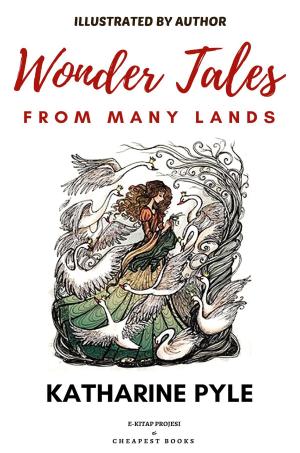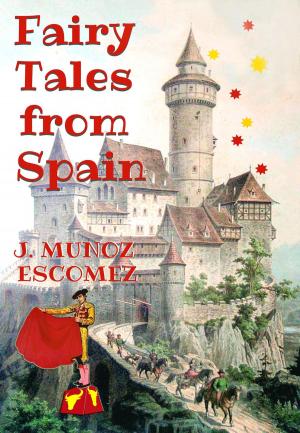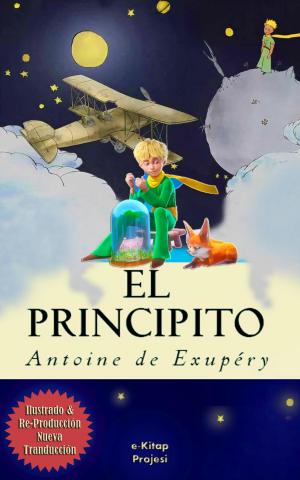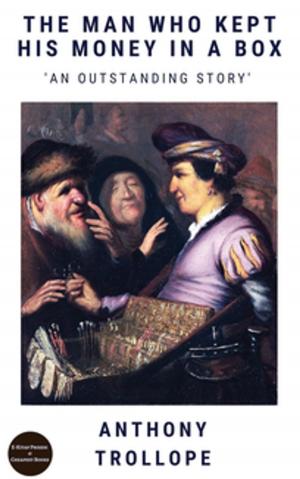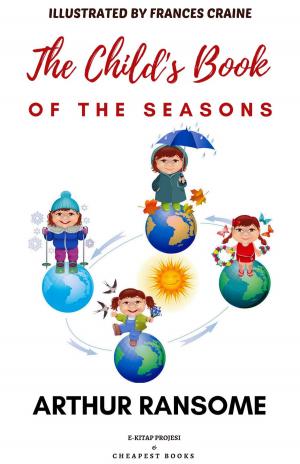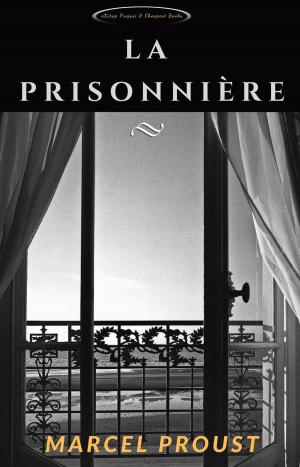| Author: | Willa Cather | ISBN: | 9786057566478 |
| Publisher: | E-Kitap Projesi & Cheapest Books | Publication: | January 21, 2019 |
| Imprint: | E-Kitap Projesi & Cheapest Books | Language: | English |
| Author: | Willa Cather |
| ISBN: | 9786057566478 |
| Publisher: | E-Kitap Projesi & Cheapest Books |
| Publication: | January 21, 2019 |
| Imprint: | E-Kitap Projesi & Cheapest Books |
| Language: | English |
Not Under Forty is the last book published in Cather's lifetime (1873-1947). It is a collection of six essays that critique various writers and the craft of writing in general.
-
Whatever is felt upon the page without being specifically named there — that, one might say, is created. It is the inexplicable presence of the thing not named, of the overtone divined by the ear but not heard by it, the verbal mood, the emotional aura of the fact or the thing or the deed, that gives high quality to the novel or the drama, as well as to poetry itself.
-
The higher processes are all processes of simplification. The novelist must learn to write, and then he must unlearn it; just as the modern painter learns to draw, and then learns when utterly to disregard his accomplishment, when to subordinate it to a higher and truer effect.
-
There is a popular superstition that "realism" asserts itself in the cataloguing of a great number of material objects, in explaining mechanical processes, the methods of operating manufactories and trades, and in minutely and unsparingly describing physical sensations. But is not realism, more than it is anything else, an attitude of mind on the part of the writer toward his material, a vague indication of the sympathy and candour with which he accepts, rather than chooses, his theme?
Not Under Forty is the last book published in Cather's lifetime (1873-1947). It is a collection of six essays that critique various writers and the craft of writing in general.
-
Whatever is felt upon the page without being specifically named there — that, one might say, is created. It is the inexplicable presence of the thing not named, of the overtone divined by the ear but not heard by it, the verbal mood, the emotional aura of the fact or the thing or the deed, that gives high quality to the novel or the drama, as well as to poetry itself.
-
The higher processes are all processes of simplification. The novelist must learn to write, and then he must unlearn it; just as the modern painter learns to draw, and then learns when utterly to disregard his accomplishment, when to subordinate it to a higher and truer effect.
-
There is a popular superstition that "realism" asserts itself in the cataloguing of a great number of material objects, in explaining mechanical processes, the methods of operating manufactories and trades, and in minutely and unsparingly describing physical sensations. But is not realism, more than it is anything else, an attitude of mind on the part of the writer toward his material, a vague indication of the sympathy and candour with which he accepts, rather than chooses, his theme?

